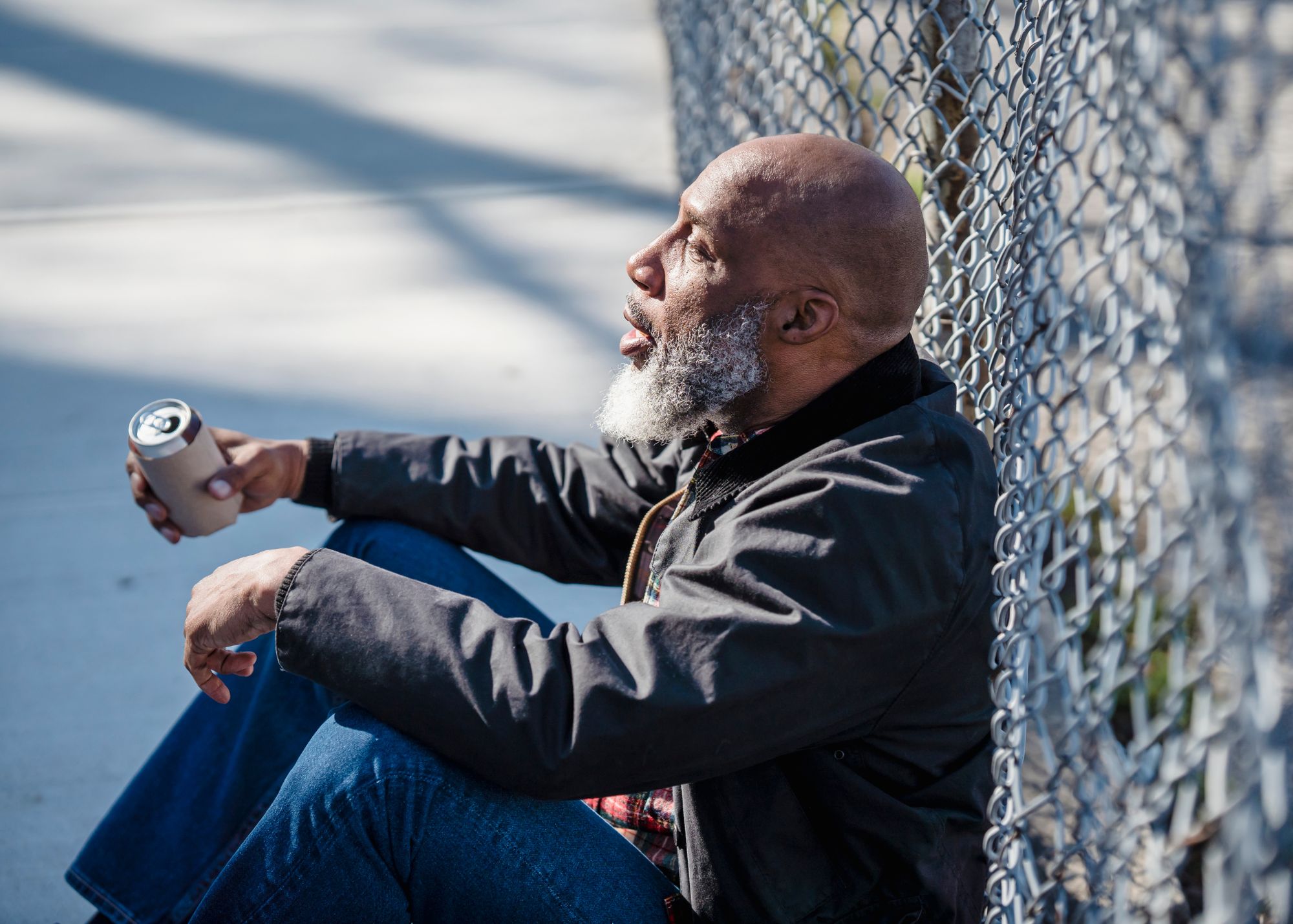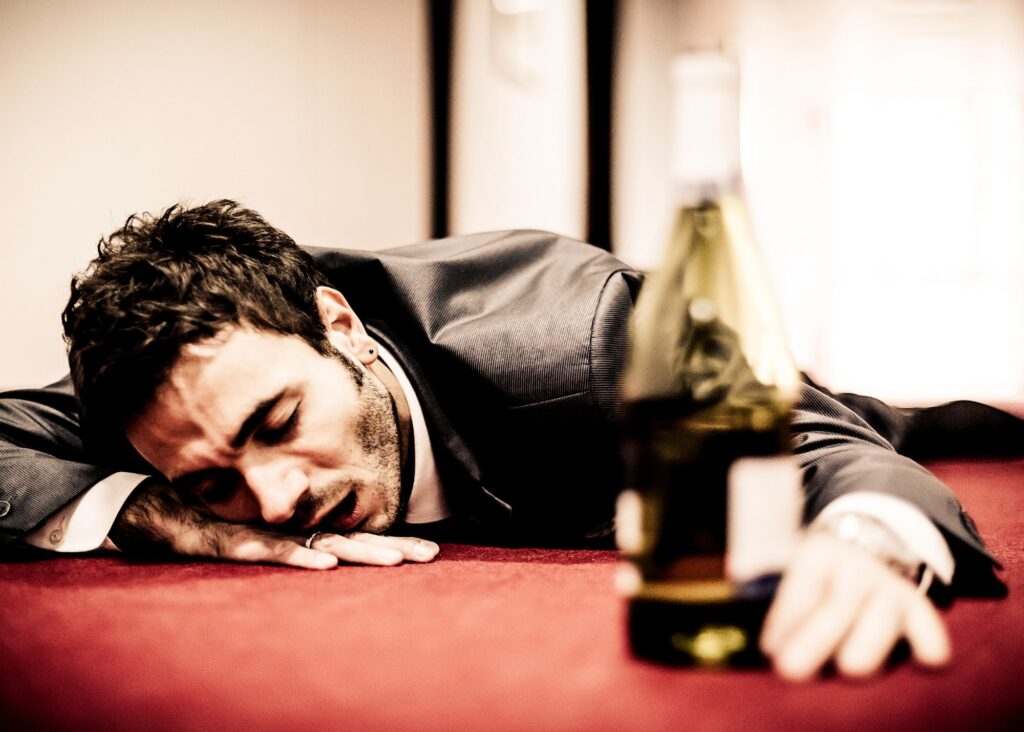A public drunkenness charge, often called “drunk and disorderly,” is a legal charge alleging that a person is visibly drunk or under the influence of drugs in public. It is generally a misdemeanor under state and local law.
Public drunkenness laws exist to prevent people from disturbing others in public and to prevent people apparently unable to control themselves from harming themselves or others.
Public Drunkenness: Basic Elements of a Criminal Charge
By definition, a drunk in public charge has a number of elements, all of which must be met, including the following:
1. you appear to be
2. drunk or drugged, and
3. you are in public.
Many states also require prosecutors to show that you appear to be so out of control that you do not appear to be able to take care of yourself or that you present a threat to the safety of others.

If you leave a bar or restaurant apparently drunk, boisterous, behaving in a lewd manner, or cursing, you will most likely be arrested by local police on public drunkenness charges. In many states, public drunkenness offenses do not even require you to be drunk to be convicted of the charge. You simply have to appear drunk or high, even if that is not the case. Your behavior and demeanor will be a key component of the charges. Another key element of any public drunkenness charge is that you must actually be in public. What makes a place public? Is it on government property? Is it a private facility where people gather, such as a sports stadium or shopping mall, or is it private property that you own and out of sight of your neighbors?
There is no single legal definition of a public place. Determining the public or private nature of the place where you received the public drunkenness charge is the type of issue that courts examine in public drunkenness cases.
Public Drunkenness: Defenses and Exceptions
If you are charged with being drunk in public, your attorney may be able to put some legal defenses into play. Here are some of the defenses to public drunkenness charges:
- You are not drunk and you are not acting as if you are.
- An affirmative defense to charges of being drunk and disorderly is that you were not actually behaving drunk in public. He may claim that his rowdy behavior was due to excitement about a promotion or joy that his team won a sports competition. The burden of proving this defense is on the person accused of the crime.
- Public drunkenness is not a citable offense.
- Some communities do not have laws against public drunkenness. States such as Nevada, Montana and Missouri do not criminalize public drunkenness. The city of Milwaukee allows public drunkenness, although other Wisconsin municipalities prohibit it.
- You are cited for public drunkenness while in a private place.
- Being convicted of public drunkenness charges requires you to be in public. If you are not in public, then an essential element of the crime is missing. If a police officer directs you to go out to a public place and then cites you for public drunkenness, you may be able to raise this defense.
- Public Drunkenness Charges – Your Legal Rights
- If you or a loved one is charged with being drunk in public and causing a disturbance, you may be able to defend yourself and challenge the charge in court.
It is very important that you contact a criminal or substance impaired driving lawyer to find out how he or she can help you or your family.

Here are some of the legal factors that a public drunk driving defense attorney can review with you:
- Whether you or your loved ones, given the particular facts of your case, actually violated local or state law;
- Whether the police force that arrested you complied with the law;
- Whether or not your conduct constituted a criminal violation.
- Public Drunk and Drunk Laws – Getting Legal Help
Learn how a substance impaired driving lawyer or criminal defense attorney can help you with public drunkenness and disorderly conduct cases.
Do you need a lawyer?
Are you in Baja California Sur, Mexico? Todos Santos, Los Cabos, La Paz, Loreto, San Jose Del Cabo, Los Cabos, El Pescadero? Are you in Nuevo Leon, Mexico? Apodaca, Cadereyta Jiménez, El Carmen, García, San Pedro Garza García, General Escobedo, Guadalupe, Juárez, Monterrey, Salinas Victoria, San Nicolás de los Garza, Santa Catarina and Santiago…
At Cabo Lawyers we seek to satisfy the different legal needs of our clients, both in their business and personal matters. Contact us at: (+52)8119384461, where we will gladly advise you.
